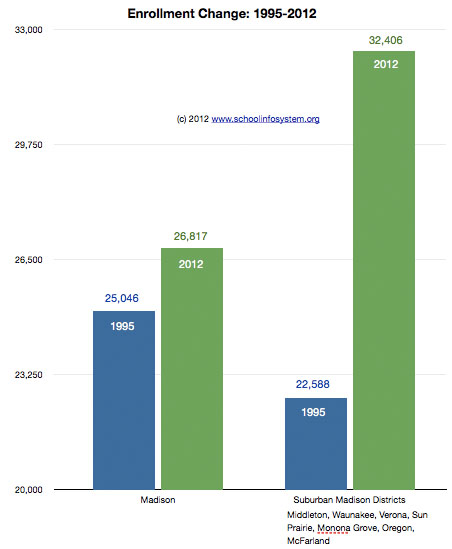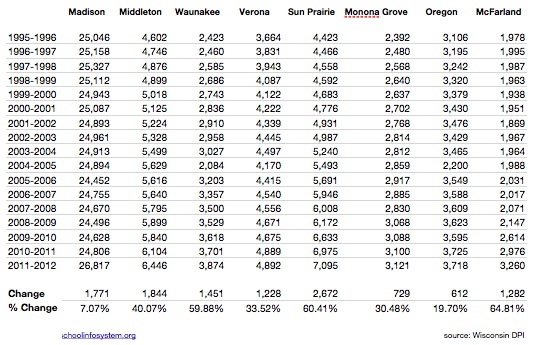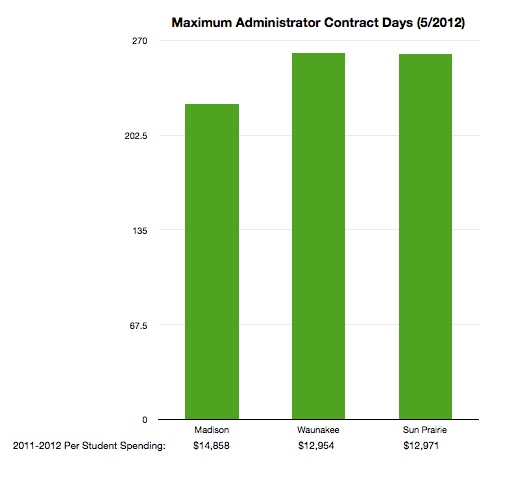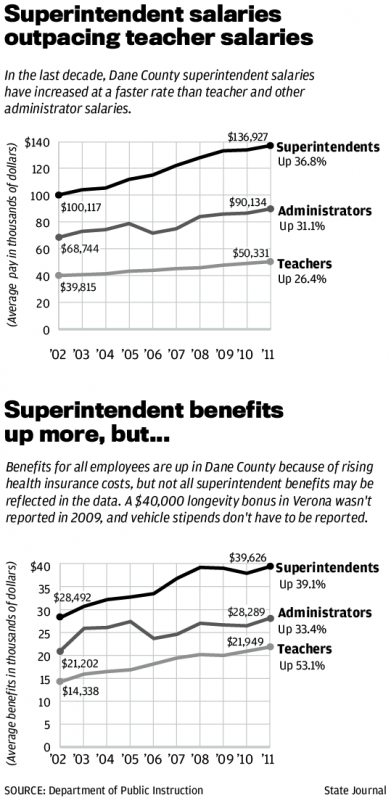Kaleem Caire, via a kind email
March 6, 2013
Dear Madison Leaders.
As the 2013 Madison school board race continues, we (the Urban League) are deeply concerned about the negative politics, dishonesty and inaccurate discussions that have shaped the campaign. While I will not, as a nonprofit leader, speak about the merits of individual candidates, we are concerned about how Madison Prep has become a red herring during the debates. The question of all the candidates has been largely narrowed to, “Did you support Madison Prep or did you not?”…as if something was horribly wrong with our charter school proposal, and as though that is the most important issue facing our school children and schools.
While the Urban League has no interest in partaking in the squabbles and confusion that has unfortunately come to define public conversation about our public schools, we do want to set the record straight about deliberations on Madison Prep that have been falsely expressed by many during this campaign, and used to dog individuals who supported the school proposal more than one year ago.
Here is how things transpired.
On May 9, 2011, Steve Goldberg of the CUNA Mutual Foundation facilitated a meeting about Madison Prep, at my request, between Madison Teacher’s Incorporated President, John Matthews and me. The meeting was held in CUNA’s cafeteria. We had lunch and met for about an hour. It was a cordial meeting and we each discussed the Madison Prep proposal and what it would take for the Urban League and MTI to work together. We didn’t get into many details, however I was sure to inform John that our proposal of a non-instrumentality charter school (non-MTI) was not because we didn’t support the union but because the collective bargaining agreement was too restrictive for the school model and design we were proposing to be fully implemented, and because we desired to recruit teachers outside the restrictions of the collective bargaining agreement. We wanted to have flexibility to aggressively recruit on an earlier timeline and have the final say on who worked in our school.
The three of us met again at the Coliseum Bar on August 23, 2011, this time involving other members of our teams. We got into the specifics of negotiations regarding the Urban League’s focus on establishing a non-instrumentality school and John’s desire to have Madison Prep’s employees be a part of MTI’s collective bargaining unit. At the close of that meeting, we (Urban League) offered to have Madison Prep’s teachers and guidance counselors be members of the collective bargaining unit. John said he felt we were making progress but he needed to think about not having MTI represent all of the staff that are a part of their bargaining unit. John and I also agreed that I would email him a memo outlining our desire to work with MTI, and provide the details of what we discussed. John agreed to respond after reviewing the proposal with his team. That memo, which we have not released previously, is attached [336K PDF]. You will see clearly that the Urban League initiated dialogue with MTI about having the teacher’s union represent our educators.
John, Steve and I met for a third time at Perkins restaurant for breakfast on the West Beltline on September 30, 2013. This time, I brought representatives of the Madison Prep and Urban League Boards with me: Dr. Gloria Ladson Billings, John Roach and Derrick Smith. It was at the close of this meeting that John Matthews told all of us that we “had a deal”, that MTI and the Urban League would now work together on Madison Prep. We all shook hands and exchanged pleasantries. Our team was relieved.
Later that evening, I received calls from Matt DeFour, a reporter with the Wisconsin State Journal and Susan Troller of The Capital Times. They both asked me to confirm what John had told them; that we had a deal. I replied by confirming the deal. The next day, The Capital Times ran a story, Madison Prep and MTI will work together on new charter school. The State Journal ran an article too, Prep School agrees to employ union staff. All was good, or so we thought.
Unfortunately, our agreement was short-lived. The very next day after the story hit the newspapers, my team and I began receiving angry letters from social workers and psychologists in MMSD who were upset that we did not want to have those positions represented by MTI. We replied by explaining to them that our reasoning was purely driven by the fact that 99% of the Districts psychologists were white and that there were few social workers of color, too. For obvious reasons, we did not believe MMSD would have success hiring diverse staff for these positions. We desired a diverse staff for two reasons: we anticipated the majority of our students to be students of color and our social work and psychological service model was different. Madison Prep had a family-serving model where the school would pay for such services for every person in a family, if necessary, who needed it, and would make available to families and students a diverse pool of contracted psychologists that families and students could choose from.
That Monday evening, October 3, 2011, John Matthews approached me with Steve Goldberg at the School Board hearing on Madison Prep and informed me that his bargaining unit was very upset and that he needed to have our Physical education teacher be represented by MTI, too. Our Phy Ed model was different; we had been working on a plan with the YMCA to implement a very innovative approach to ensuring our students were deeply engaged in health and wellness activities at school and beyond the school day. In our plan, we considered the extraordinarily high rates of obesity among young men and women of color. However, to make the deal with MTI work, that evening I gave MTI the Phy Ed teaching position.
But that one request ultimately became a request by MTI for every position in our school, and a request by John Matthews to re-open negotiations, this time with a mediator. At first, we rejected this request because we felt “a deal is a deal”. When you shake hands, you follow through.
We only gave in after current school board president, James Howard, called me at home to request that the Urban League come back to the negotiating table. James acknowledged not feeling great about asking us to do this after all we had been through – jumping through hoop after hoop. If you followed the media closely, you would recall how many times we worked to overcome hurdles that were placed in our way – $200K worth of hurdles (that’s how much we spent). After meeting with MMSD leadership and staff, we agreed to come back to the table to address issues with MTI and AFSCME, who wanted our custodial and food service workers to be represented by the union as well. When we met, the unions came to the negotiation with attorneys and so did we. If you care to find out what was said during these negotiations, you can request a transcript from Beth Lehman, the liaison to the MMSD Board of Education who was taking official notes (October 31 and November 1, 2011).
On our first day of negotiations, after all sides shared their requests and concerns, we (ULGM) decided to let AFSCME represent our custodial and food service staff. AFSCME was immediately satisfied, and left the room. That’s when the hardball towards us started. We then countered with a plausible proposal that MTI did not like. When we couldn’t get anywhere, we agreed to go into recess. Shortly after we came back from recess, former MMSD Superintendent Dan Nerad dropped the bomb on us. He shared that if we now agreed to have our staff be represented by MTI, we would have to budget paying our teachers an average of $80,000 per year per teacher and dedicating $25,000 per teacher to benefits. This would effectively increase our proposal from $15M over five years to $28M over five years.
Why the increased costs? For months, we projected in our budgets that our staff would likely average 7 years of teaching experience with a Master’s degree. We used the MTI-MMSD salary schedule to set the wages in our budget, and followed MMSD and MTI’s suggestions for how to budget for the extended school day and year parts of our charter school plan. Until that day, MMSD hadn’t once told us that the way we were budgeting was a problem. They actually submitted several versions of budgets to the School Board, and not once raising this issue.
Superintendent Nerad further informed us that MMSD was going to now submit a budget to the Board of Education that reflected costs for teachers with an average of 14 years’ experience and a master’s degree. When we shockingly asked Nerad if he thought the Board of Education would support such a proposal, he said they likely would not. We did not think the public would support such a unusual request either. As you can imagine, we left the negotiations very frustrated. In the 23rd hour, not only was the run we thought we had batted in taken away from us in the 9th inning, we felt like our entire season had been vacated by commissioners.
When we returned to our office that afternoon, we called an emergency meeting of the Urban League and Madison Prep boards. It was in those meetings that we had to make a choice. Do we completely abandon our proposal for Madison Prep after all we had done to see the project through, and after all of the community support and interests from parents that we had received, or do we go forward with our original proposal of a non-instrumentality charter school and let the chips fall where they may with a vote by the Board? At that point, our trust of MMSD and MTI was not very high. In fact, weeks before all of this happened, we were told by Nerad in a meeting with our team and attorneys, and his staff and attorneys, that the Board of Education had voted in closed session to unilaterally withdraw our charter school planning grant from the Wisconsin Department of Public Instruction. They reversed this decision after we informed them we would file a lawsuit against them. We were later told that a certain Board member was pushing for months to have this done. Then, after months of not being able to get certain board members to meet with us, Marj Passman, decided to meet with me alone in my office. During that meeting, she told me that we (ULGM) didn’t have the votes for Madison Prep and that we were never going to get the school approved. She the offered to donate her personal funds to Madison Prep, if we pulled our proposal and decided to do a private school instead. I told her that I appreciated her offer, but declined.
After finally meeting with all seven board of education members, both the Madison Prep and ULGM boards decided unanimously that we must in good conscience go forward, put the needs and future of our children first, and reintroduce the non-instrumentality proposal to the School Board. You know the rest of the story.
Over the next 45 days, we (ULGM) were categorically painted as an anti-union conservative outfit who proposed a flawed school model that divided Madison and threatened to join the Scott Walker effort to eliminate unions. We were made to be the great dividers (not the achievement gap itself) and me, “an Angry Black Man”. Lost in the debate were the reasons we proposed the school in the first place – because so many children of color were failing in our schools and there was no effective strategy in place to address it even though the school system has known about its racial achievement gap since it was first document by researcher Naomi Lede for the National Urban League in 1965. That gap has doubled since then.
Ironically, two of the people behind the attacks on ULGM were Ben Manski and TJ Mertz. They were uniquely aligned in their opposition to Madison Prep. John Matthews even weighed in on video with his comments against us, but at least he told a story that was 80% consistent with the events that actually transpired. Watch the video and listen to the reason he gave for why he didn’t support Madison Prep. He didn’t call us union haters or teacher bashers. He knew better. So why all the fuss now? Why have those who knew exactly what went on in these negotiations not told the true story about what really happened with Madison Prep? Why has a charter school proposal been made the scapegoat, or defining lever, in a school board race where there are so many other more important issues to address?
If all it takes to win a seat on the school board now is opposition to charter schools, rather than being someone who possesses unique experiences and qualifications to serve our now majority non-white and low-income student body and increasingly challenged schools, we should all worry about the future of our children and public schools.
So, for those who were unaware and those who’ve been misleading the public about Madison Prep and the Urban League, I hope you at least read this account all the way through and give all of the candidates in this school board election the opportunity to win or lose on their merits. Falsehoods and red herrings are not needed. They don’t make our city or our school district look good to the observing eye. Let’s be honest and accurate in our descriptions going forward.
Thank you for reading.
We continue to move forward for our children and are more determined than ever to serve them well.
Onward.
Strengthening the Bridge Between Education and Work
Kaleem Caire
President & CEO
Urban League of Greater Madison
Main: 608.729.1200
Assistant: 608.729.1249
Fax: 608.729.1205
www.ulgm.org
www.madison-prep.org
Invest in the Urban League
Urban League 2012 Third Quarter Progress Report
The Memorandum from Kaleem Caire to John Matthews (Madison Teachers, Inc)
MEMORANDUM
Date: August 23, 2011
To: Mr. John Matthews, Executive Director, Madison Teachers, Inc.
From: Kaleem Caire, President & CEO, Urban League of Greater Madison
cc: Mr. Steve Goldberg, President, CUNA Foundation; Mr. David Cagigal, Vice Chair, Urban League of Greater Madison (ULGM); Ms Laura DeRoche-Perez, Charter School Development Consultant, ULGM; Mr. David Hase, Attorney, Cooke & Frank SC
Re: Discussion about potential MTl-Madison Prep Relationship
Greetings John.
I sincerely appreciate your openness to engaging in conversation about a possible relationship between MTI and Madison Preparatory Academy for Young Men. We, ULGM and Madison Prep, look forward to determining very soon what the possibilities could be.
Please accept his memo as a means to frame the issues.
- The Urban League of Greater Madison initially pursued a non-instrumentality public charter school
focused on young men to, first and foremost, eliminate the academic and graduate gaps between young people of color and their white peers, to successfully prepare greater percentages of young men of color and those at-risk for higher education, to significantly reduce the incarceration rate among young adult males of color and to provide an example of success that could become a learning laboratory for
educators, parents and the Greater Madison community with regard to successful ly educating young men, regardless of th eir race or socio-economic status.
- We are very interested in determining how we can work with MTI while maintaining independence with regard to work rules, operations, management and leadership so that we can hire and retain the best team possible for Madison Prep, and make organizational and program decisions and modifications as necessary to meet the needs of our students, faculty, staff and parents.
- MTl’s collective bargaining agreement with the Madison Metropolitan School District covers many positions within the school system. We are interested in having MTI represent our teachers and guidance counselors. All other staff would not be represented by MTI.
- The collective bargaining agreement between MTI and Madison Prep would be limited to employee wages and benefits. Madison Prep teachers would select a representative among them, independent of Madison Prep’s leadership, to serve as their union representative to MTI.
I look forward to discussing this with you and members of our teams, and hearing what ideas you have for the
relationship as well.
Respectfully,
Kaleem Caire,
President & CEO
CONFIDENTIAL
336K PDF Version
jpg version
Related Links:
Madison Preparatory Academy IB Charter School (Rejected by a majority of the Madison School Board).
Ripon Superintendent Richard Zimman on “the very public institutions intended for student learning has become focused instead on adult employment.“.
John Matthews, Madison Teachers, Inc.
Kaleem Caire, Madison Urban League
The rejected Studio Charter School.
Union politics.
2013 Madison School Board Elections.
Update: Matthew DeFour’s article on Caire’s message:
Lucy Mathiak, who was on the board in 2011, also didn’t dispute Caire’s account of the board action, but couldn’t recall exactly what happened in the board’s closed sessions.
“Did (the Urban League) jump through many hoops, provide multiple copies of revised proposals upon request, meet ongoing demands for new and more detailed information? Yes,” Mathiak said. “It speaks volumes that Madison Prep is being used to smear and discredit candidates for the School Board and used as a litmus test of political worthiness.”
Matthews said the problems with Madison Prep resulted from Caire’s proposal to hire nonunion staff.
“What Kaleem seems to have forgotten, conveniently or otherwise, is that MTI representatives engaged in several discussions with him and several of his Board members, in attempt to reach an amicable resolution,” Matthews said. “What that now has to do with the current campaign for Board of Education, I fail to see. I know of no animosity among the candidates or their campaign workers.”
Passman and other board members who served at the time did not return a call seeking comment.
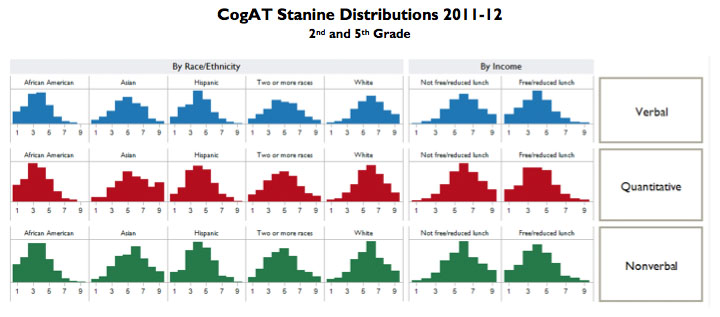
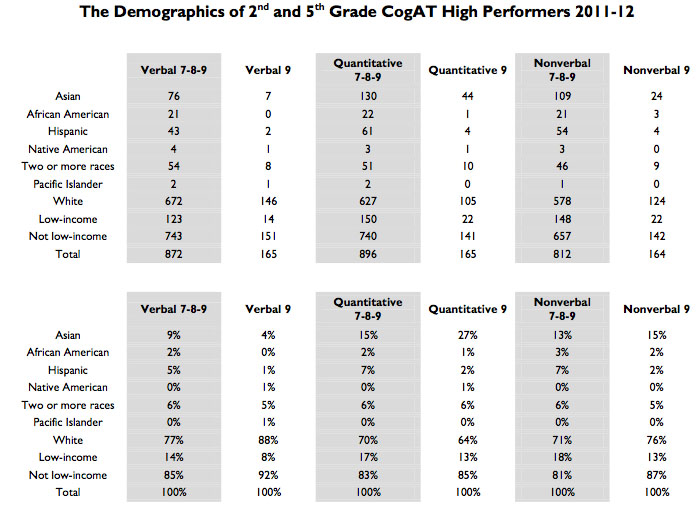
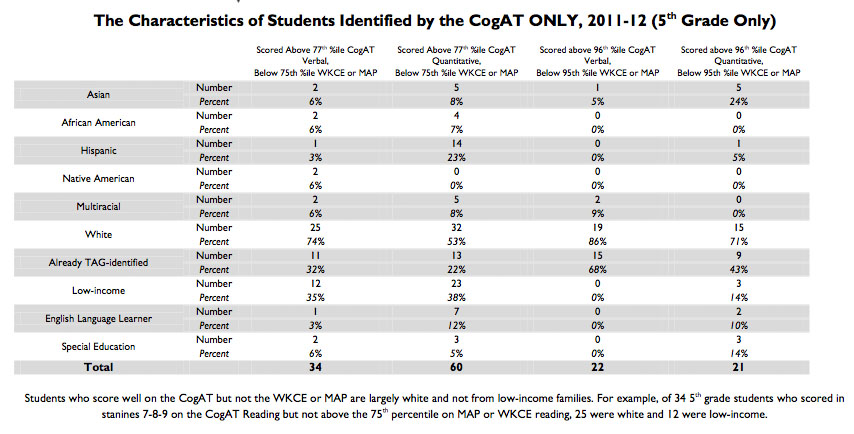
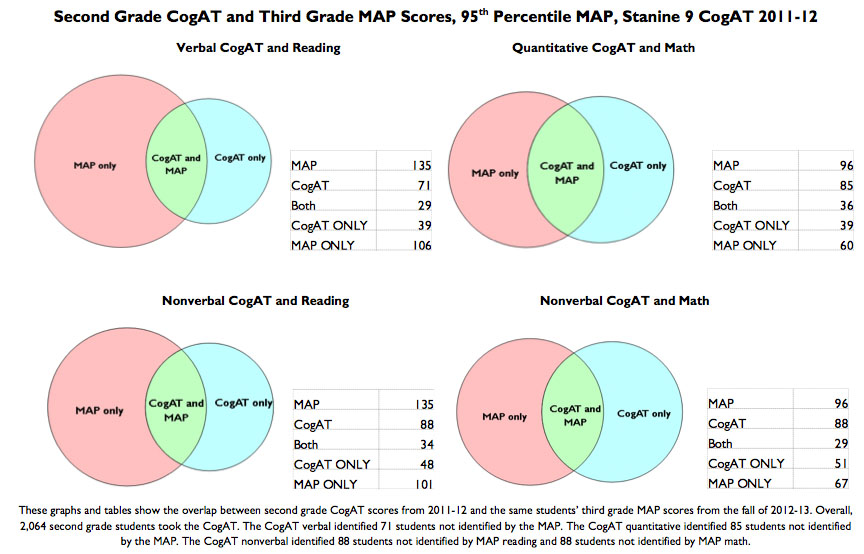
 Jane Belmore (PDF):
Jane Belmore (PDF): 

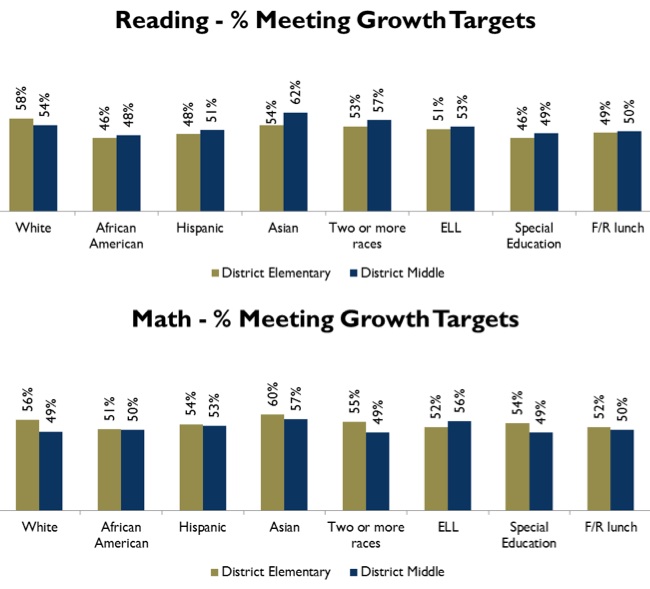
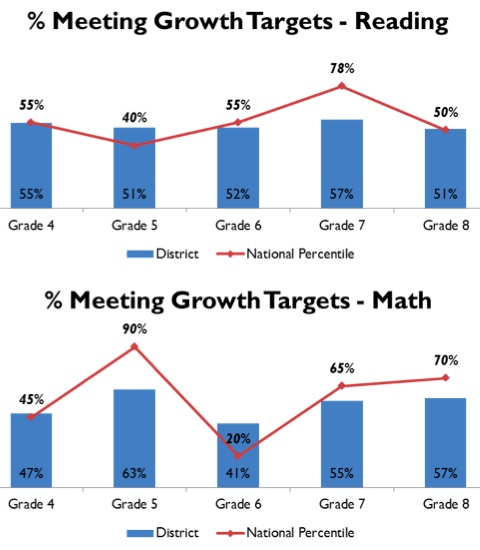
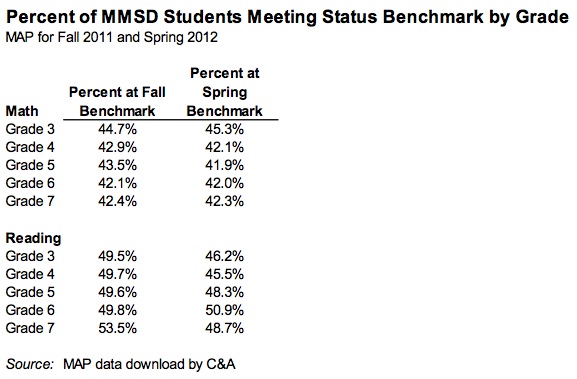
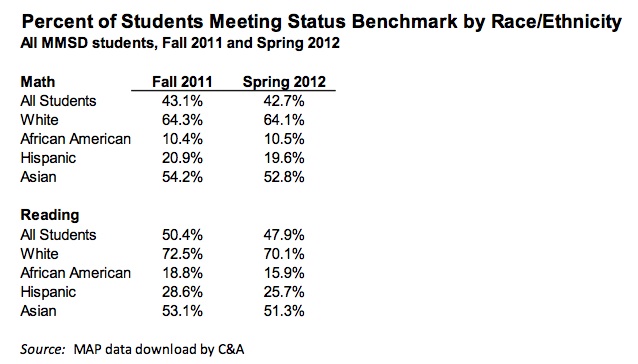
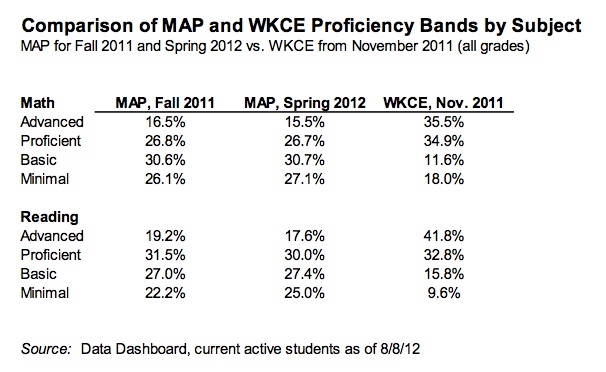
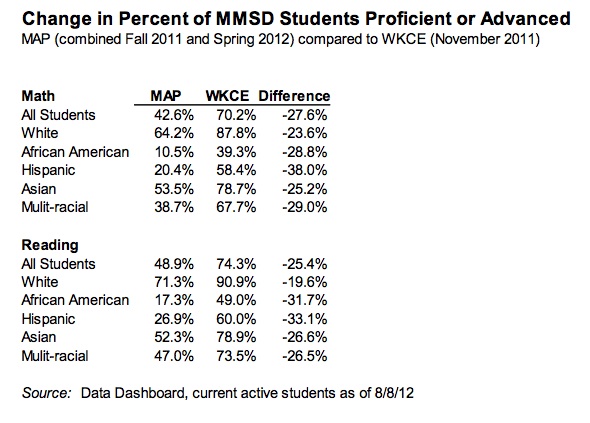
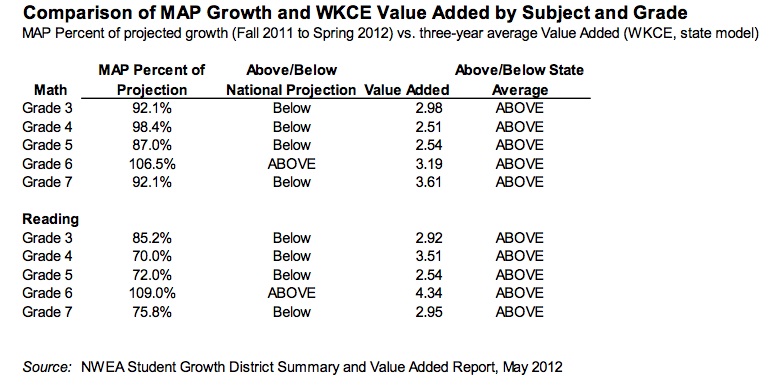
 Henry Tyson, Superintendent of Milwaukee’s
Henry Tyson, Superintendent of Milwaukee’s 